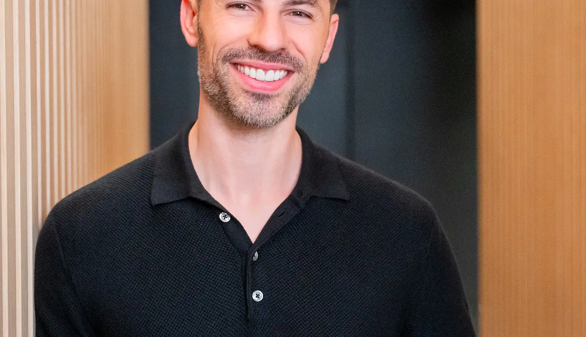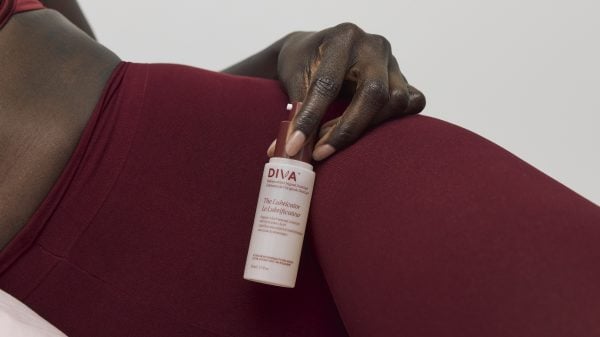As Breast Cancer Awareness Month unfolds, it’s crucial to shed light on a lesser-discussed aspect of recovery: persistent pain following breast cancer surgery. In this piece, we delve into the challenges faced by patients, exploring insights from Dr. Khan on recent research advances and the complexities of managing post-surgical pain. Join us below as we navigate this important conversation that seeks to improve the quality of life for those affected by breast cancer.

photo from: Dr. Khan
Breast cancer treatment has made significant strides in recent decades, with improved screening and management enabling many patients to live longer lives after their cancer diagnosis. However, as patients are living longer, there is a growing recognition of long-term complications that arise from cancer treatments themselves. One of the most concerning yet common complications after breast cancer surgery is persistent pain.
Persistent pain after breast cancer surgery is a chronic condition characterized by pain lasting longer than three months after surgery, which far exceeds the typical healing period. It was previously known as post-mastectomy pain syndrome, but it has been established that it can also occur after breast-conserving surgeries (lumpectomies). In fact, some studies suggest that lumpectomies may pose a higher risk of persistent pain due to the need for radiation therapy, which further irritates local nerves in the area.
Approximately 35% of breast cancer surgery patients will develop persistent pain, and for some, this condition may persist for more than a decade. The pain itself often manifests with neuropathic features, such as tingling, sensitivity to touch, and burning sensations. Many patients report that the pain is sharp and can vary in intensity from mild to severe, with a significant portion experiencing moderate-to-severe chronic pain even years after surgery.

Several factors contribute to the development of chronic pain after breast cancer surgery. The breast tissue is richly innervated with nerves, which can be irritated or damaged during surgery, leading to long-term pain. Adjuvant therapies, such as chemotherapy and radiation, can exacerbate this issue by causing additional nerve damage. Younger patients, those who experienced pain before surgery, and those with higher levels of acute postoperative pain are at greater risk. Psychosocial factors, such as anxiety and emotional distress, also increase the likelihood of developing chronic pain.
Persistent pain following breast cancer surgery is more than just a physical issue. It imposes a substantial emotional and psychological burden on patients who are already coping with the stress of cancer diagnosis and treatment. Studies show that patients with chronic pain experience higher levels of emotional distress, mood disturbances, and reduced overall quality of life. Chronic pain can also diminish physical functioning, with nearly a quarter of affected individuals reporting that they give up physical activities due to the pain.
Given the common occurrence of this pain disorder, and since breast cancer is one of the most commonly diagnosed cancers worldwide, we started a first-of-its-kind program known as the Persistent Breast Cancer Pain Clinic at Mount Sinai Hospital in Toronto. This is a dedicated program aimed at assessing and treating patients with problematic pain after breast cancer treatments. The clinic aims to assess patients early into their postoperative recovery, as early as three months after breast cancer surgery.
At the clinic, patients undergo a comprehensive assessment using a patient-centred multidisciplinary approach, combining physical, pharmacological, and interventional treatments. Non-pharmacological strategies include physical therapy to improve mobility and reduce complications such as lymphedema. Psychological support is crucial in addressing the emotional aspects of living with chronic pain. Pharmacologically, topical treatments, such as lidocaine creams, and medications like anticonvulsants or antidepressants can provide some relief. Interventional approaches, such as nerve blocks or radiofrequency ablation, are used in more severe cases to temporarily relieve pain.

While these strategies can be effective, complete resolution of pain is rare. For this reason, prevention is a growing area of focus in research and currently, our program is leading one of the largest studies in the world dedicated to assessing intravenous lidocaine as a preventative intervention for persistent pain after breast cancer surgery. This study, led by our group out of the University Health Network in Toronto, is known as the PLAN Trial and aims to assess whether an intraoperative intravenous infusion of lidocaine can prevent persistent pain after breast cancer surgery. We are currently enrolling patients across 16 hospitals around the world and include over 1,600 patients in the study. Lidocaine is an affordable, widely available drug, and if it can reduce the development of persistent pain after breast cancer surgery, it can be adopted widely into routine clinical practice of breast cancer management.
Persistent pain after breast cancer surgery is a significant healthcare concern, impacting both patients’ quality of life and healthcare systems worldwide. However, while advances and new innovations are desperately needed, persistent pain remains a relatively under-addressed and underfunded issue.
The Persistent Breast Cancer Pain Program relies on donations to continue its work and research for this staggering issue. For more information or to donate, please visit dapm.ca.










